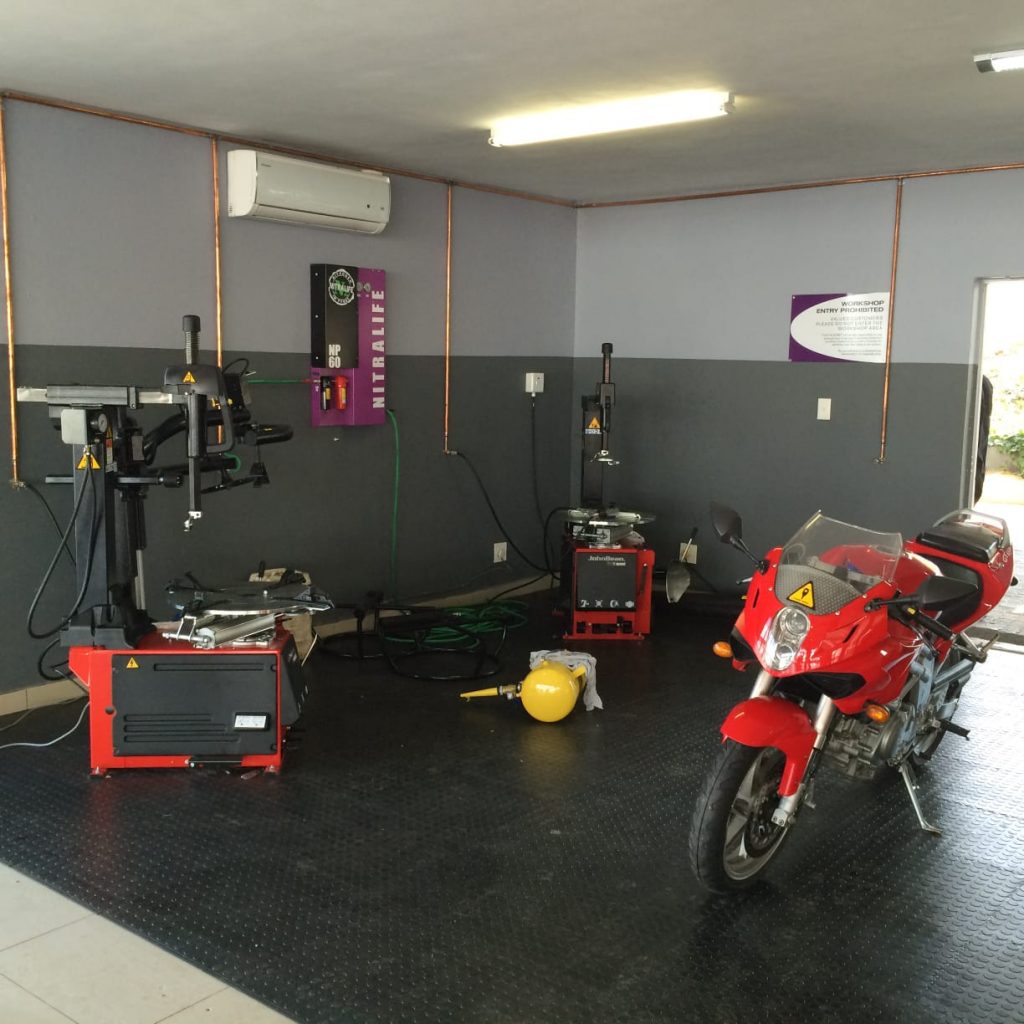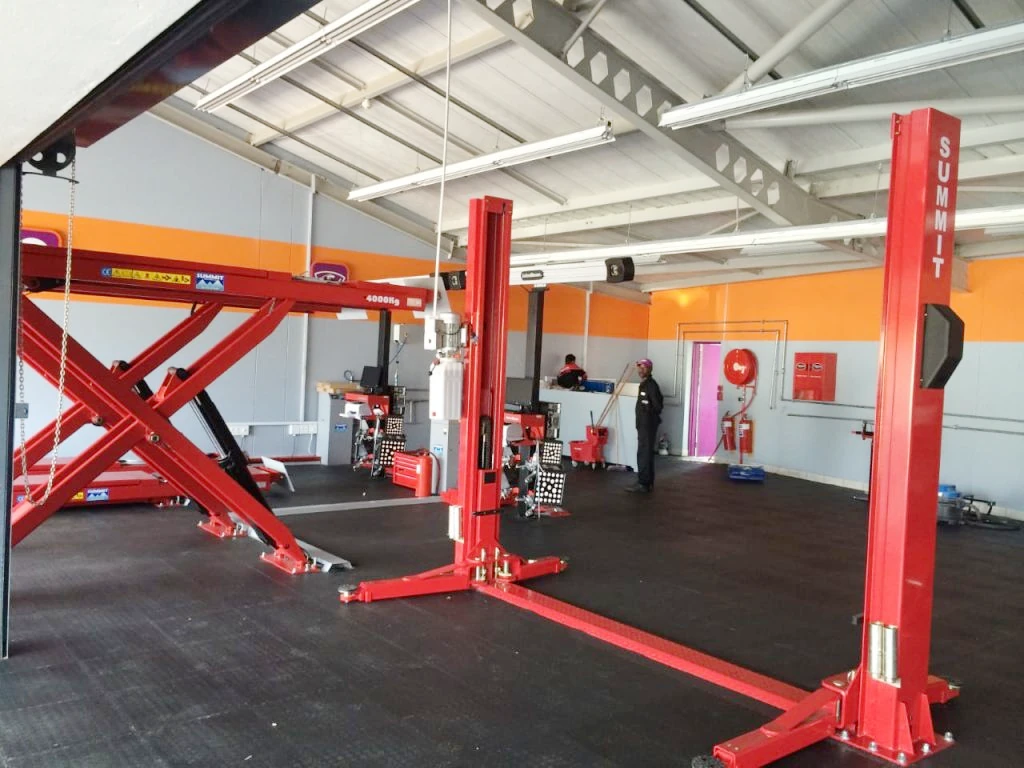A BASIC GUIDE TO AUTO REPAIR SHOP EQUIPMENT

The auto repair industry is a multi-billion dollar industry in South Africa and it grows year by year.
The tools and equipment used in the industry are also growing in number and complexity due to the demand of a growing and evolving auto industry.
This article will provide you with a complete guide to auto repair equipment that you will need to know about if you want to own an auto repair shop.
The basic guide to auto repair shop equipment
Auto repair shop equipment is a broad term that includes all the items and tools necessary to stock and run a successful vehicle repair shop.
The following are the types of auto repair shop equipment:
- Tools for repairing cars
- Tools for repairing tyres
- Tools for repairing engines
- Tools for repairing transmissions
- Tools for repairing brake systems
- Tools for repairing electrical systems and more.
How to choose the best auto repair shop equipment for your needs
Choosing the right tools for your automotive shop is a crucial decision that can affect the success of your business. You should know what to look for in a set of tools, and how to get the best value for your money.
The first thing you need to consider when buying automotive tools is the type of work you are going to be doing. For example, if you are going to be working on heavy trucks, then you will need different tools than if you were working on cars and motorcycles.
If you are just getting started with an automotive repair shop, then it is important that your budget is not stretched too thin. Start by buying some basic equipment and then add more expensive pieces as needed.
Two use cases for auto workshop equipment and how they can help you to get the best out of your business.
Repairing cars
The first use case is repairing cars.
Cars continuously suffer damage as well as wear and tear that results from the actions of other road users, the quality of road surfaces and the use of the vehicle.
In a day, an average auto workshop may need to repair minor body damage, replace gearboxes, clutch systems, radiator systems, brake systems, and batteries and attend to a wide range of other results from wear and tear.
Technicians will have vehicles to service, inspections to do and to prepare vehicles for holidays and long trips.
Between the normal and expected work a car technician does, there is always someone who walks in and wants a trained person to find the source of a new squeak or an unfamiliar sound.
Some of the auto workshop tools and machines that are used for these day-to-day car repairs are:
Maintaining cars
The second use case is vehicle maintenance.
All auto repair shops offer a maintenance service which includes checking and replacing engine oil, oil filters, lights, tyres, bodywork, exhausts, brakes, steering fluid and coolant, suspensions and batteries.

What are the best workshop tools for a tyre workshop?
There is a wide variety of tools available for use in a tyre workshop.
These tools are used to help make the job of repairing and changing tyres easier and quick.
The tyre industry standard is that all tyre-related maintenance and repairs must be done within hours and surely on the same day.
Even time-consuming tasks such as tyre changes, brake repairs and wheel alignment must be done on the same day, or the business will not last in the competitive tyre repair industry.
The best workshop tools for a tyre workshop?
There is no one-size-fits-all answer to this question, as the best workshop tools for a tyre workshop will vary depending on the specific needs of the workshop.
The best workshop tools for a tyre workshop are:
- A tyre inflator
- A tyre pressure gauge (workshop staff usually use the tyre inflator for gauging tyre pressure)
- A tyre bead breaker
- A tyre mounting/demounting tool
- A tyre bead seater or blaster
- A tyre balancer
Other tools that are used in tyre workshops include air compressors, air tools, jacks, stands, and tyre changers.
Good contact between the tyres and the road surface is important. As a result, it is very important to regularly have the tyres checked and, where necessary, replaced.
Conclusion
The benefits of using auto repair shop equipment are clear. It can help to increase the efficiency of the shop and make it easier to work on vehicles.
The equipment can also be a great addition to any type of car repair business because it is an investment that will pay off in the long run.
